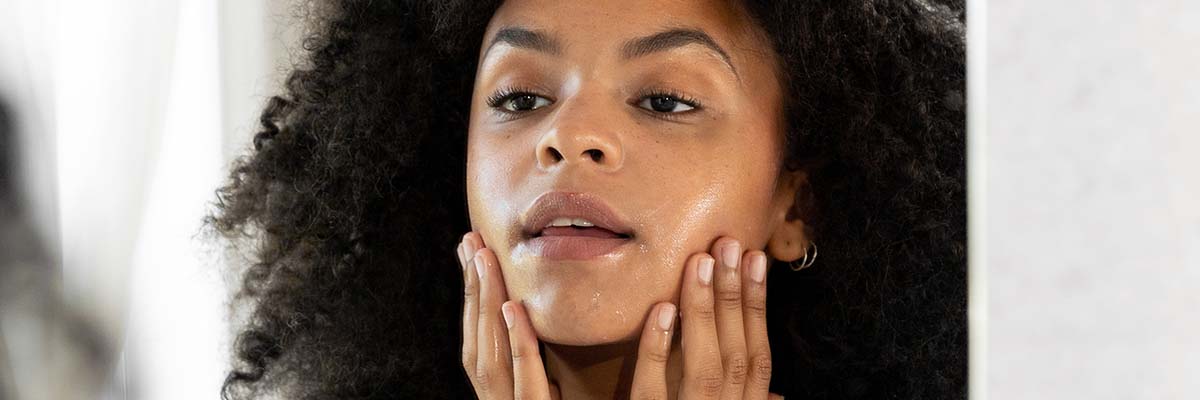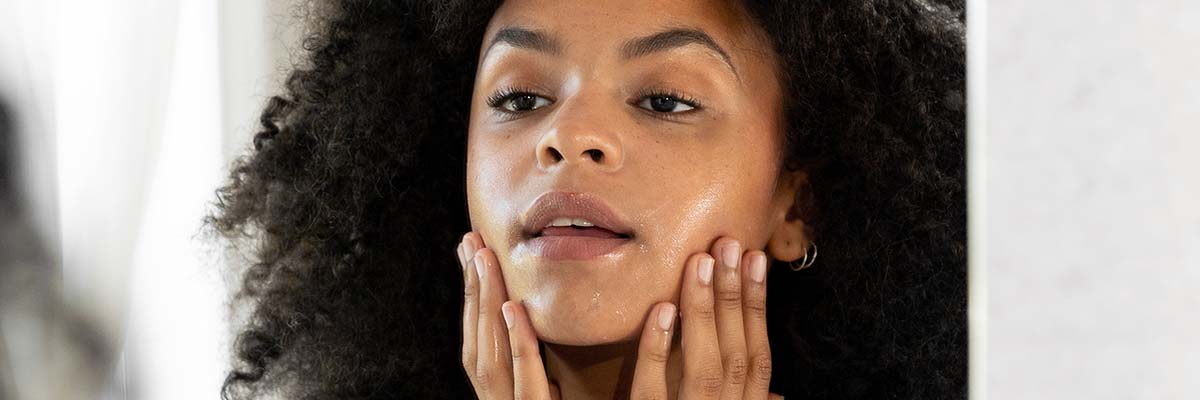Let us jump straight into it shall we?
What is Tretinoin?
Tretinoin is a prescribed topical cream derived from vitamin A that is mainly used to treat aging skin, sun damage and acne. Often known by the brand name Retin-A, tretinoin is a pure retinoic acid which means it is high potency and should be used under the guidance of a skin professional.
Tretinoin is a synthetic form of vitamin A and twenty times stronger than retinol (which is a natural form of vitamin A).
It has shown a significant ability to help reduce wrinkles and fine lines, improve the appearance of dark spots as well as discouraging acne by slowing keratinisation and preventing the clogging of sebum.

How does Tretinoin work?
Tretinoin works by promoting and speeding up the growth of new skin cells and increasing the turnover of old ones. It makes skin cells divide and die faster, so newer, healthier cells can take their place. It essentially is designed to irritate the skin to stimulate the production of collagen.
Why is Tretinoin used to Treat Acne?
With increased cellular turnover Tretinoin chemically exfoliates the top layer of the skin, which is beneficial for treating acne by removing the dead skin cells that clog pores. Tretinoin helps slough off dead skin cells before they can form comedones and attract acne-causing bacteria. As bacteria colonizes in the pore leading to worse acne, Tretinoin lessens the shedding of dead skin cells into the pore/hair follicle.
As Tretinoin triggers your skins collagen remodelling it also helps smooth the appearance of acne scars and pitted texture.
Tretinoin Pros and Cons
Tretinoin Pros
Under proper use Tretinoin can be beneficial for:
- Treating acne by reducing the severity of breakouts
- Reducing inflammation associated with acne
- Exfoliating the skin
- Reduce the appearance of fine lines and wrinkles.
- Reduce the appearance of sun damaged spots
- Improve skins texture
Tretinoin Cons
It is important to be aware of the potential side effects of tretinoin and to discuss any concerns with a healthcare professional before beginning use of the medication.
Tretinoin has some common side effects including:
- Irritation
- Dryness
- Redness/Inflammation
- Burning sensation
- Peeling or flaking
- Hyperpigmentation
- Dermatitis
- Hives

*Some severe reactions include difficulty breathing or swelling of the face, lips, or tongue
*Long-term use of tretinoin may also increase the risk of skin cancer.
While using tretinoin you will need extra caution and avoid or minimize exposure to:
- Sunlight
- Harsh soaps and hair products
- Cosmetics that tend to dry the skin
- Exfoliating ingredients such as Benzoyl peroxide, Glycolic acid and other astringents that may result in dry irritated skin
Tretinoin is suitable for most people however if you suffer from sensitive skin conditions like rosacea or are currently pregnant or planning to fall pregnant you should avoid using this medication. There haven’t been enough controlled studies yet to evaluate tretinoin’s safety during pregnancy or breastfeeding, so the current advice is to best avoid using vitamin A during this period.
If you are taking other medications, you will also need to list these to your doctor so they can evaluate if Tretinoin is suitable for you to use.
What is the difference between Tretinoin and Retinol?
Both tretinoin and retinol are types of retinoids, which are derivatives of vitamin A. Tretinoin is a synthetic form of vitamin A and a much stronger potency than retinols. Therefore, Tretinoin is only available via a doctor’s prescription. Retinols are available over the counter and in many skincare lines and is less potent than Tretinoin.

How does Retinol work?
Retinol helps to keep pores clear by reducing the build-up of dead skin cells and can also block inflammation pathways in the skin. It is known for its anti-ageing properties and is often used to reduce the appearance of wrinkles and fine lines. Retinol works by stimulating collagen production and accelerating skin cell turnover.
However, it is important to note that retinol can also have similar side effects as Tretinoin such as dryness, irritation, and sensitivity.
These side effects can be minimized by using retinol products in the right way, with caution, and introducing them gradually into your skincare routine.
Retinol Pros and Cons
Retinol Pros
- Increase skin cell production.
- Exfoliates the skin
- Unclog pores and reduce the build-up of skin cells
- Stimulates collagen production.
- Strengthens skin
- Fade sun damage spots
- Improve skin texture and tone

Retinol Cons
Keep in mind that retinol may cause skin sensitivity and potential side effects, so it is recommended to start slowly and with a lower concentration and gradually increase its use to allow the skin to adjust.
Retinol products should be used in conjunction with sunscreen, as retinol can increase sensitivity to the sun. Retinol should be applied at night and always follow up with a sunscreen during the day, to avoid any sun damage pigmentation to your skin.
TIP: Those with sensitive skin should tread carefully. Buffering retinol products between layers of moisturiser is one way to mitigate the irritation that can occur. Layering on a rich hydrator will help prevent flaking skin, especially in winter.
How AMPERNA® Products Can Help
We have two retinol options in our range which were the first probiotic retinol to market in Australia that was formulated for the most sensitive skin [SUPERFOLIATE] Pro+ Bio Resurfacing Retinol Serum RX and [SUPERADIANCE] Pro+ Bio Resurfacing Retinol Serum ALT which is our pregnancy safe retinol alternative made from bakuchiol.
Our RX Retinol is a gentle leave-on granactive serum containing AZA, niacinamide, liquorice root extract, zinc and copper gluconates to help calm redness and improve the skins appearance. This granactive retinoid serum includes ingredients to help negate any irritation you would normally get with other retinols.
The ALT is a bakuchiol serum is a pregnancy safe version of our Pro+ Bio Resurfacing Retinol RX serum.
Overview
Tretinoin and Retinol both fall under the Retinoid umbrella which are essentially compounds derived from Vitamin A. Tretinoin is a stronger prescription medication used mainly for severe acne, while retinol is a milder over-the-counter option used for various skin concerns including aging skin. Although similar, Tretinoin acts faster but side effects may be more severe.
Whichever treatment you choose, be sure to follow the recommended usage guidelines and if you have a reaction that you’re not sure about, it is always best to consult with a healthcare professional.


















